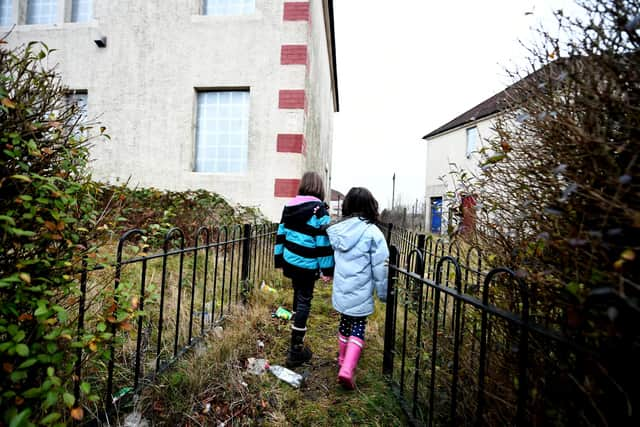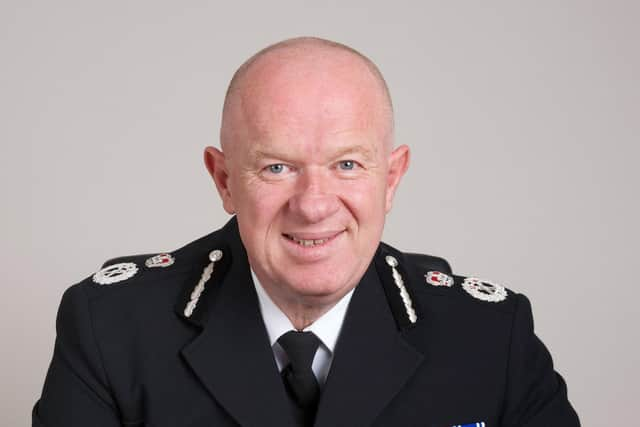Scottish Election 2021: Poverty and inequality costs Scotland more than £4 billion a year and that's what politicians should focus on – Professor Harry Burns
Last week there was considerable coverage of comments made by the Chief Constable of Merseyside Police. He said that, if he was given £5 billion to cut crime, he would put 80 per cent of it into tackling poverty and only 20 per cent into law enforcement.
Andy Cooke, who has stepped down from his Merseyside role to take a post with the inspectorate of constabulary in England, concluded that “the best crime prevention is increased opportunity and reduced poverty”.
Advertisement
Hide AdAdvertisement
Hide AdHe wants increased funding for deprived inner city areas to provide viable alternatives to crime for young people. If they are left with no opportunities for a better life, they are more likely to turn to a life of crime, he says.
His views are far from unique in the ranks of the police. My experience of speaking to senior police officers across the UK is that they find the link between poverty and crime to be obvious. They recognise crime is often a consequence of the circumstances in which young people are born and raised.
Adverse experiences in childhood lead to failure across a number of areas as a young person grows up. Glasgow was probably the first city in the UK to adopt a public health approach to violence when its police force started the Violence Reduction Unit to tackle youth violence. This approach has since been copied across the UK.
Illnesses directly linked to poverty


It is not only the police who experience the consequences of poverty. The health service lives with it every day.
Professor Mark Bellis has estimated the cost to the NHS in England and Wales of adverse experiences in early life. Each year, £42.8 billion is spent by the health service in dealing with illnesses which can be directly linked to poverty and inequality.
Pro rata, the cost to the NHS in Scotland is probably around £3.94 billion each year. This assessment does not take account of the cost when a child is taken into residential care or prison.
This has been estimated at around £150,000 per child per annum in residential care and around £35,000 in prison. And, if the child has a criminal record, he is unlikely to get a job – so he never pays taxes. The actual cost to the economy of poverty and inequality is considerably greater than £4 billion.


‘Doing the wrong thing righter’
As we listen to the current pre-election debates, we hear politicians touting for the votes of teachers and parents by promising more spending on education. Others want to spend more money getting waiting times in the NHS down.
Advertisement
Hide AdAdvertisement
Hide AdThis approach is what the systems thinker Russell Ackoff described as “doing the wrong thing righter". Many places have improved outcomes by asking poor people what they need and helping them achieve change in their lives.
Our information systems can find those people living on the edge of failure. Ask them what matters to them. Often, they need help to find a job or decent home. Usually, it’s something simpler.
Spending money to support struggling families will save billions across the life course. That is what this election should be about.
Sir Harry Burns is a professor at Strathclyde University